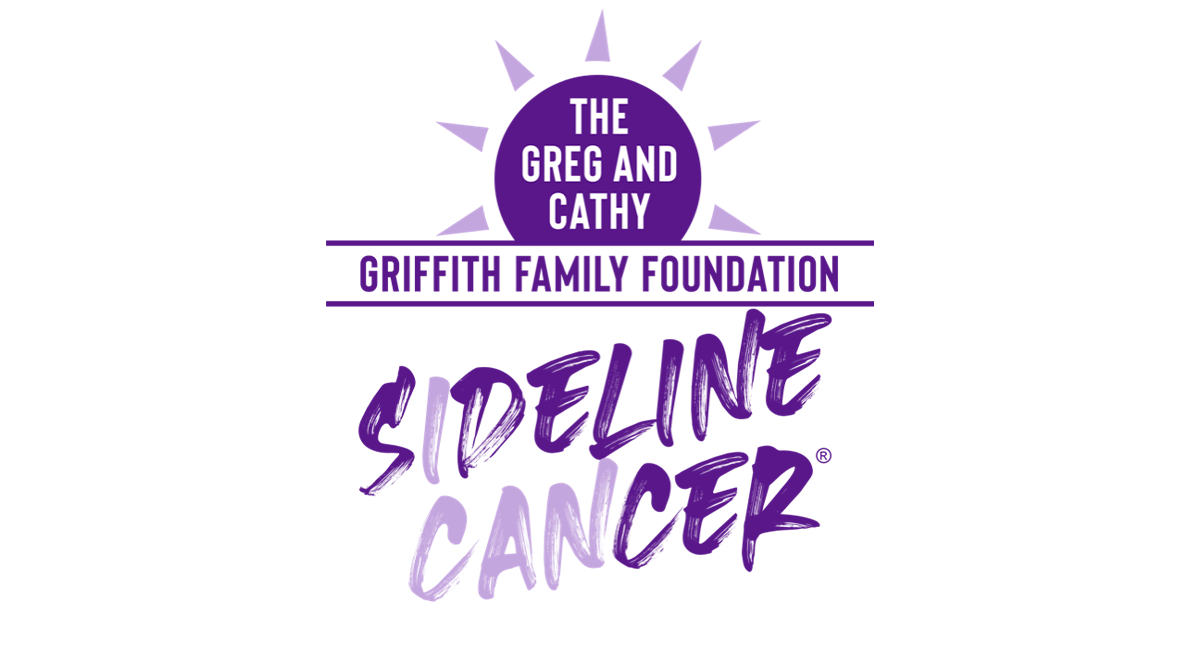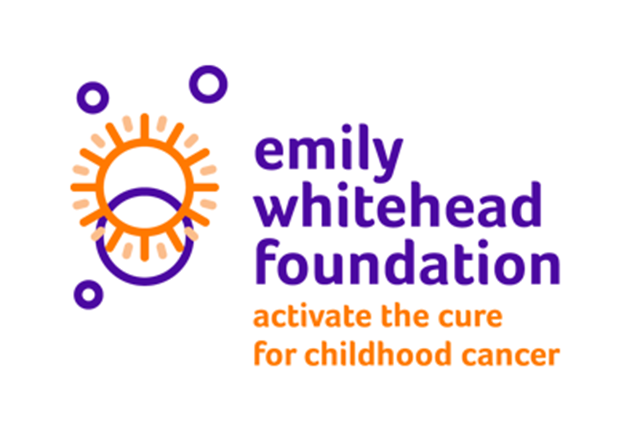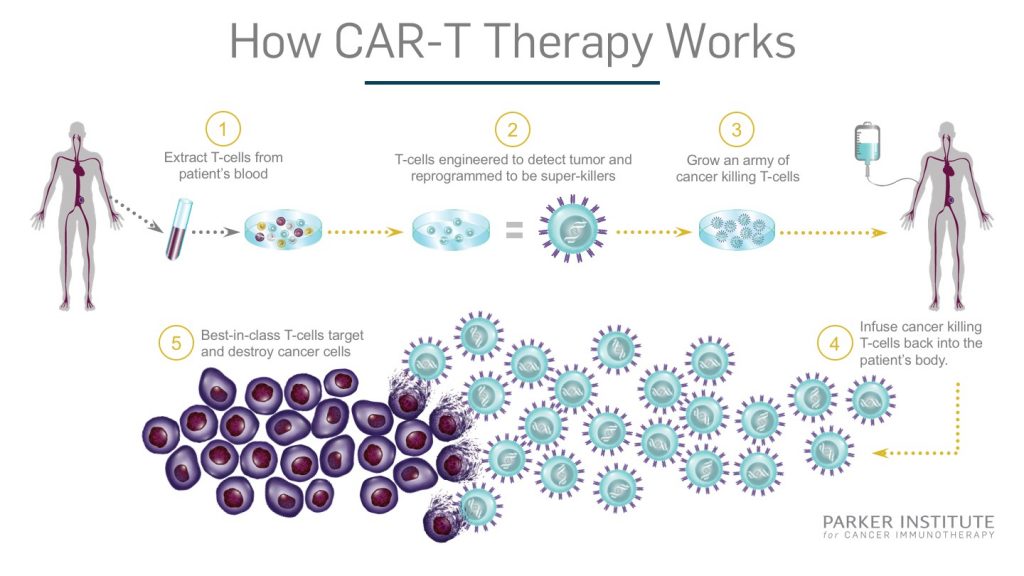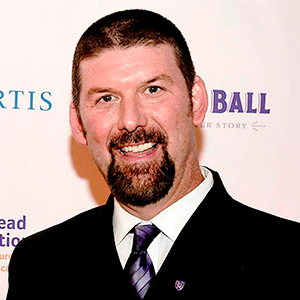
One of this year’s guest speakers at our Annual Sideline Pancreatic Cancer Dinner is Tom Whitehead.
Tom is a journeyman lineman for Penelec, a First Energy Company. He is also the proud father of Emily, and co-founder of the Emily Whitehead Foundation, which raises funds for childhood cancer research. It was created in honor of his daughter Emily who was diagnosed at age five with an aggressive form of leukemia.
After Emily Whitehead’s diagnosis on May 28, 2010, when she was just 5, she immediately started rounds of chemotherapy. But when she relapsed in 2011, it was clear that her disease was going to be much harder to fight than initially anticipated.
Eighty-five percent of children with acute lymphoblastic leukemia (ALL) are cured after a two-year process of standard chemotherapy, but 15 percent have a type of disease that is resistant to even the most intense chemotherapy regimens.
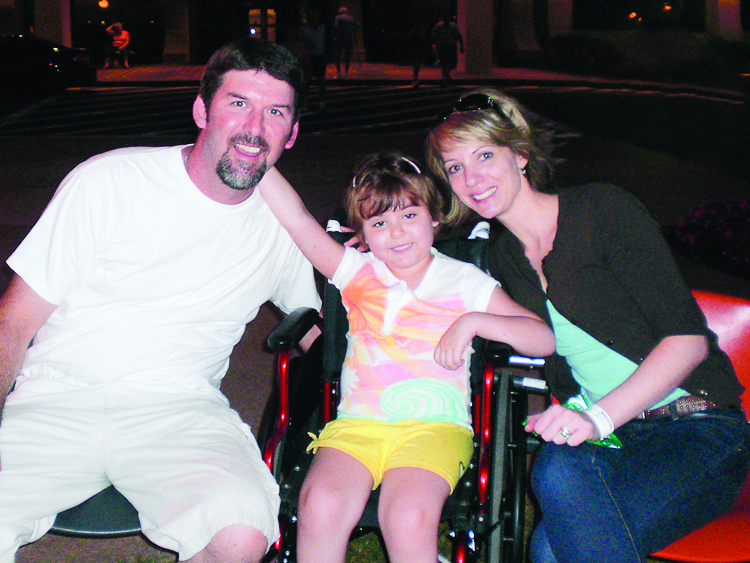
While Emily’s local oncologist at first thought she had “a garden-variety leukemia,” the relapse proved she was up against the type of disease that was more resistant to treatment.
The Whiteheads felt helpless as they watched their daughter grow weaker every day. Eventually, they were told to prepare to take Emily home for hospice care. However, they were not ready to give up hope.
At just the right moment, Emily’s doctor told them about a highly experimental clinical trial called T-cell therapy.
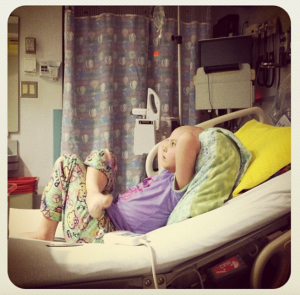
On April 17, 2012, Emily became the first pediatric patient to be treated with T-cell therapy.
The Whiteheads were told Emily might experience flu-like symptoms a few days after being infused with her reprogrammed T cells, similar to the adult patients who had already been treated. But as is sometimes the case with experimental treatments, Emily’s symptoms were much more serious than doctors anticipated.
In the weeks that followed, Emily recovered completely from the illness, called cytokine release syndrome, which resulted from the therapy. There’s no doubt in Kari’s and Tom’s minds that it was in part due to the prayers of thousands of supporters across the country who were following every turn in Emily’s story.
Now more than six years later, the cancer-fighting T cells are still there in her body.
Now that Emily’s story has received worldwide attention, the Whiteheads have traveled all over the world and have made many great memories while spreading awareness about the treatment that kept them together as a family.

Since Emily has gotten better, everything they do with the Emily Whitehead Foundation is intended to pay it forward and ensure that more kids survive when chemotherapy doesn’t work.
Right now, the parents of many children with other types of cancer don’t have hope if their kids relapse. That’s why the Emily Whitehead Foundation does everything they can to give parents a support system and to raise money to fund research that will help more kids survive.
